Plenary speakers
Get to know this year’s plenary speakers.

At the core of our Annual Meeting, there are four internationally renowned plenary speakers. This year we are delighted to announce they will be:
Patricia Balvanera — The Georgina Mace Lecture
National Autonomous University of Mexico, Institute for Ecosystem and Sustainability Research
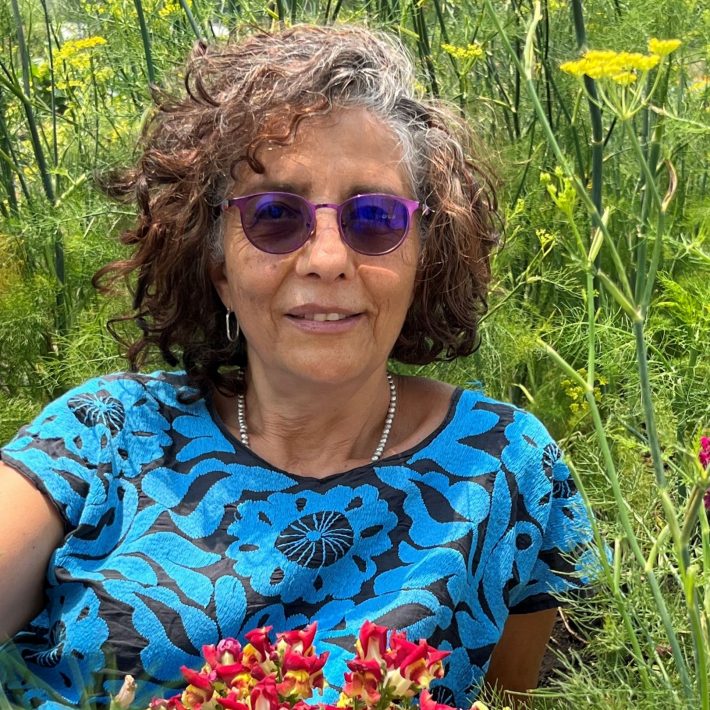
Patricia (Patty) Balvanera is a professor of Biodiversity and Human Wellbeing at the National Autonomous University of Mexico, the editor in chief of Ecology and Society, and an associate editor of several journals including People and Nature of the British Ecological Society. She trained as a biologist, ethnobotanist, and ecologist of plant communities. Alongside large interdisciplinary teams she explores the role of biodiversity in contributing to human well-being, analysing the dynamics of social-ecological systems with emphasis on how nature is valued as a key underpinning driver of these dynamics. At the local scale, she monitors managed tropical systems, and co-develops sustainable food practices with the families of small holders and creatives. At the global scale, she develops conceptual frameworks and monitoring strategies, performs cross-site syntheses, and delivers assessments at the science-policy interface. She has co-led several interdisciplinary initiatives such as the Scientific Committee of the Program for Ecosystem Change and Society (one of the core projects of Future Earth); the Ecosystem Services group of the Global Earth Observation – Biodiversity Observation Network (GEOBON-ES); the Mexican Network on Social Ecological Systems and Sustainability, and the Values Assessment of the Intergovernmental Platform on Biodiversity and Ecosystem Services.
Rattan Lal — The BES Lecture
Ohio State University, College of Food, Agricultural and Environmental Sciences
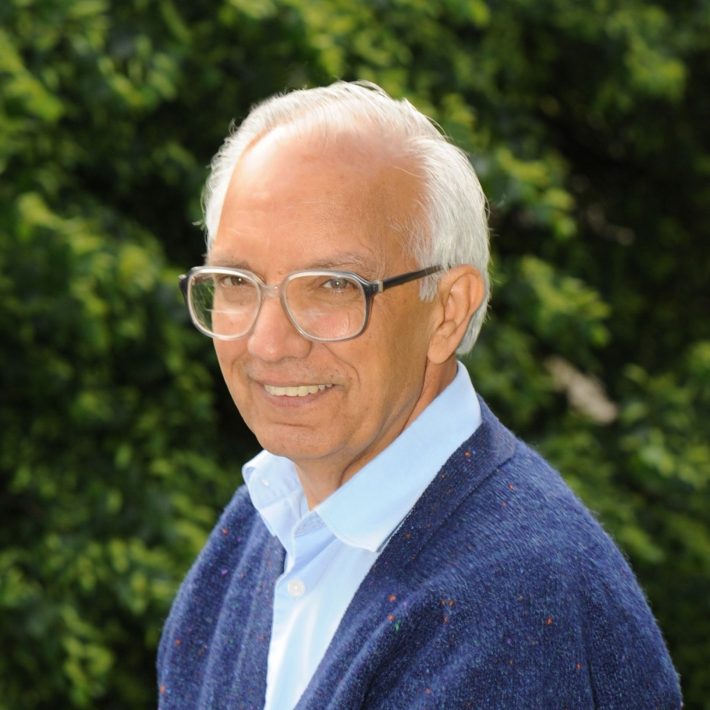
Rattan Lal is a Distinguished University Professor of Soil Science, and Director of the CFAES Rattan Lal Center for Carbon Management and Sequestration at The Ohio State University. His research has bettered understanding of how soil-centric agricultural practices such as mulching, no-till farming and agroforestry can restore degraded soils and sequester atmospheric carbon in the soil. Having grown up on a small farm in India, Rattan was familiar with smallholder agriculture from childhood and became interested in questioning not only whether we can feed people, but how to do so whilst improving and restoring the environment. Over his career spanning more than five decades and four continents, Rattan has promoted innovative soil-saving techniques benefiting the livelihoods of more than 500 million smallholder farmers, improving the food and nutritional security of more than two billion people and saving hundreds of millions of hectares of natural tropical ecosystems. Since earning his PhD from The Ohio State University in 1968, Rattan has been a Senior Research Fellow with the University of Sydney, a Soil Physicist at the International Institute of Tropical Agriculture (IITA), and been President of the World Association of Soil and Water Conservation, the International Soil and Tillage Research Organization, the Soil Science Society of America, and the International Union of Soil Sciences. In 2020, Rattan became the 50th Laureate of the distinguished World Food Prize, and he is currently Chair in Soil Science and Goodwill Ambassador for Sustainability Issues for the Inter-American Institute for Cooperation on Agriculture (IICA).
Jane Memmott — Presidential Address
University of Bristol, School of Biological Sciences
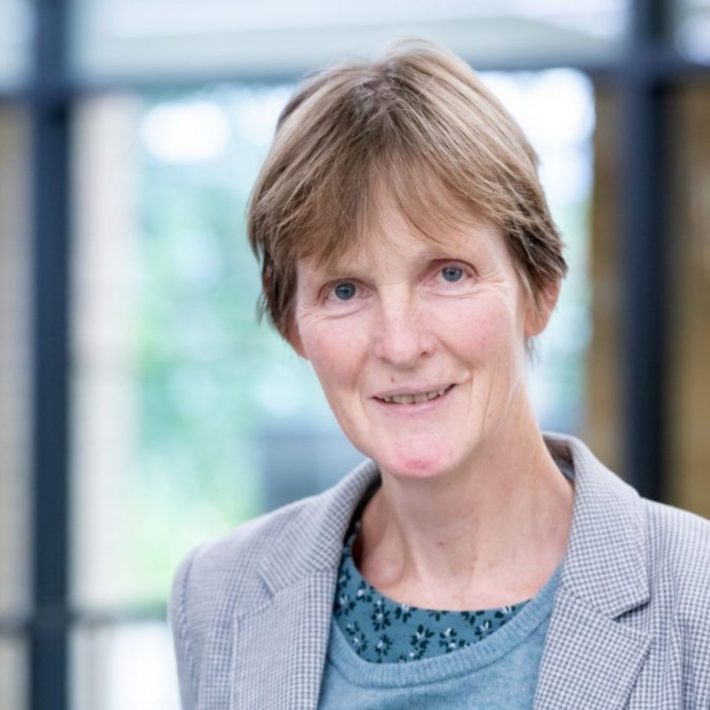
Jane Memmott is a Professor of Ecology at the School of Biological Sciences, University of Bristol. She is a community ecologist and is interested in a wide range of environmental issues. She started her research career as a tropical entomologist commuting between the UK and the rainforests of Costa Rica and then studied the ecology of biological control, working closely with research teams in New Zealand, Kenya and Australia. For the last 25 years she has taught ecology and run a research group at Bristol University in the UK.
Her research group uses ecological networks as a tool to ask about the impact of environmental change and they work in a variety of research fields including pollination ecology, agro-ecology, invasion ecology, urban ecology and restoration ecology. Field sites range from the mountains of Nepal to Bristol allotments, and she works closely with farmers, conservation practitioners and policymakers.
She has been awarded the Presidents Medal (2011) and the Marsh Award for Ecology (2015) by the British Ecological Society. In 2013 she led the team awarded the Mayor’s Bristol Genius Prize (a prize awarded for research which exemplifies Bristol as a city that excels in ideas which change lives for the better), and she is the senior author on the paper awarded the RSPB Prize for the top conservation paper in 2017. In 2021 she was awarded an OBE for services to insect pollinators and ecology.
Rob Freckleton — 12 Months in Ecology
University of Sheffield, School of Biosciences
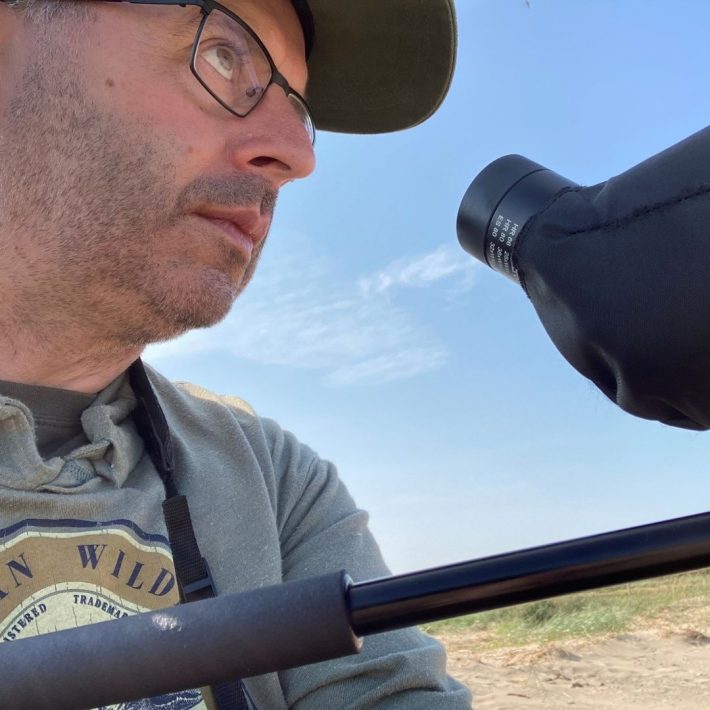
Professor Rob Freckleton is the Head of the School of Biosciences at the University of Sheffield where he holds a chair in population biology. Rob’s interests span population ecology, community ecology and evolution. He is known for the development and application of statistical methods and takes a data-driven approach to understanding the ecology and evolution of a range of systems. He is particularly known for the development of Phylogenetic Comparative Methods, modelling the evolution of resistance in agriculture, and understanding the role of density-dependence in generating hyperdiversity.
Rob served as editor of the Journal of Applied Ecology (2004-2010) and was the founding editor of Methods in Ecology and Evolution, which he edited from 2010-2021. He has received several of the BES’s prizes, including the Anne Keymer Prize, Haldane Prize, the Founders’ Prize and President’s Medal.
With a Welcome Talk from Mathew Williams
University of Edinburgh, School of GeoSciences
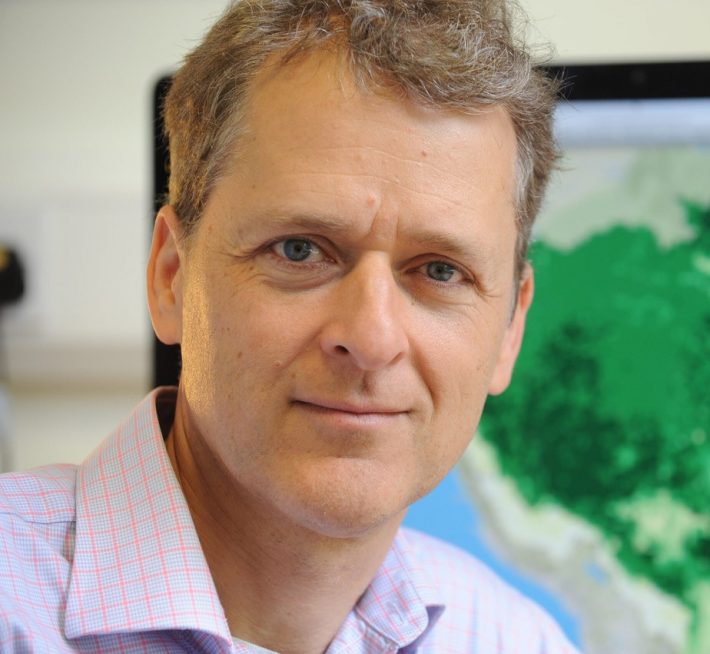
Mathew Williams is a Professor of Global Change Ecology at the School of GeoSciences, University of Edinburgh. Mathew studied Biology at Oxford as an undergraduate where he first developed his interests in ecological modelling and climate change. He spent a year as a research assistant in the US studying ocean dissolved organic carbon, and then in Botswana investigating herbivore behaviour. His PhD at UEA focused on developing 3D forest models to explore plant trait effects on competition among tree species and their sensitivity to climate change. Mathew spent six years at the Marine Biological Lab in Woods Hole developing models of canopy gas and energy exchanges, evaluated with time series of observational data from eddy flux towers, from the arctic tundra to the equatorial rainforests. Since moving to Edinburgh in 2000 he has focused on developing approaches for operational ecology and maximising the value of earth observation data for carbon-climate research.
In January 2022, Mathew became the Scottish Government’s Chief Scientific Adviser for Environment, Natural Resources and Agriculture (ENRA). His role is to provide advice to ministers, ensure that the Government uses the best available science in developing policies, and to oversee the £50M annual research spend for ENRA in Scottish research institutes. He spends most of his time in Government focused on addressing the twin crises of climate change and biodiversity loss in Scotland.
Mathew is a PI for the UK National Centre for Earth Observation and advises the European Space Agency on its Biomass mission (due for launch in 2024) and CHIME mission. Both these missions are designed to support global ecological research. In 2015 he won a Royal-Society Wolfson Merit Award, and he then served on NERC Science Council from 2016-2020.
Like what we stand for?
Support our mission and help develop the next generation of ecologists by donating to the British Ecological Society.